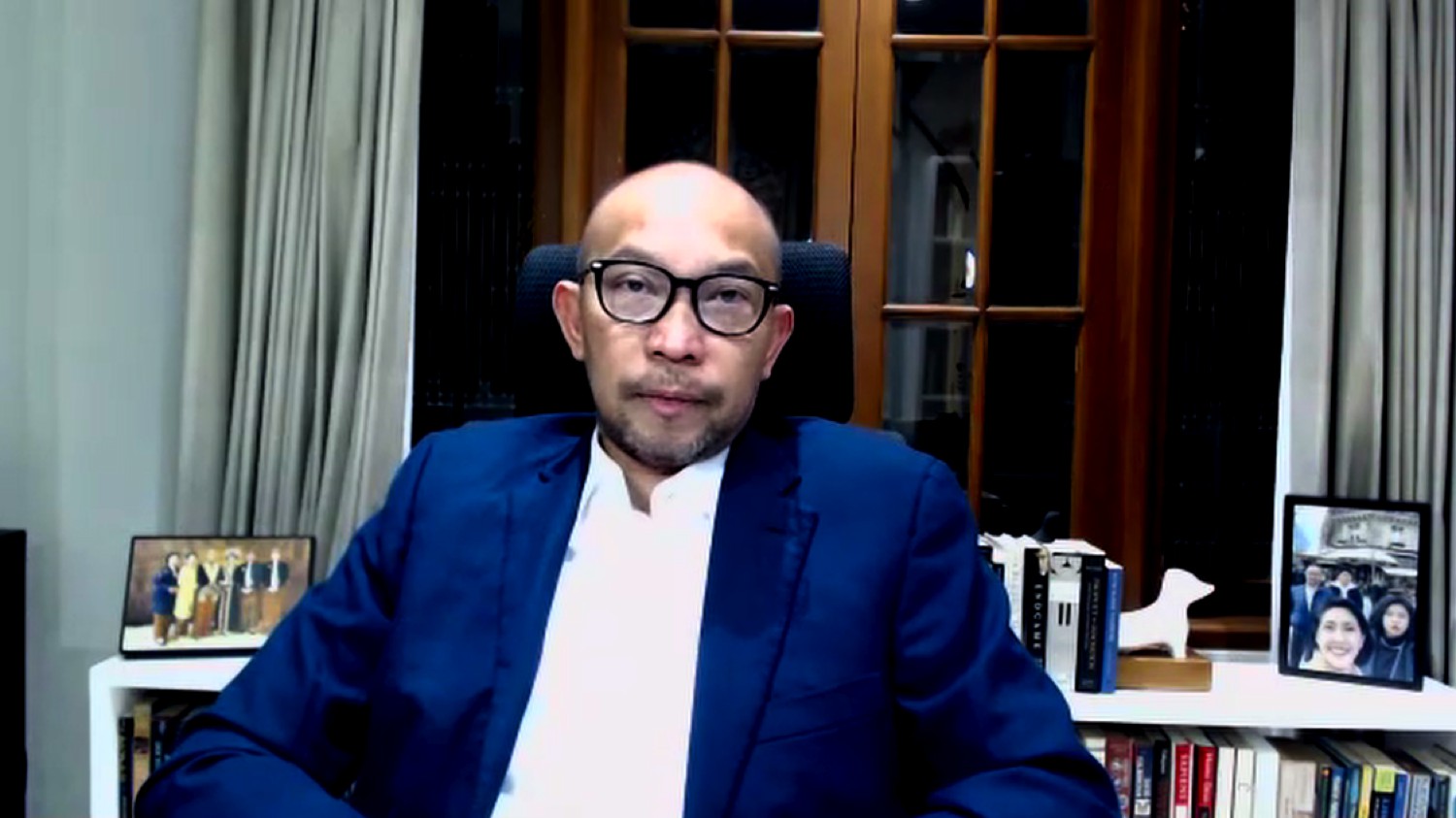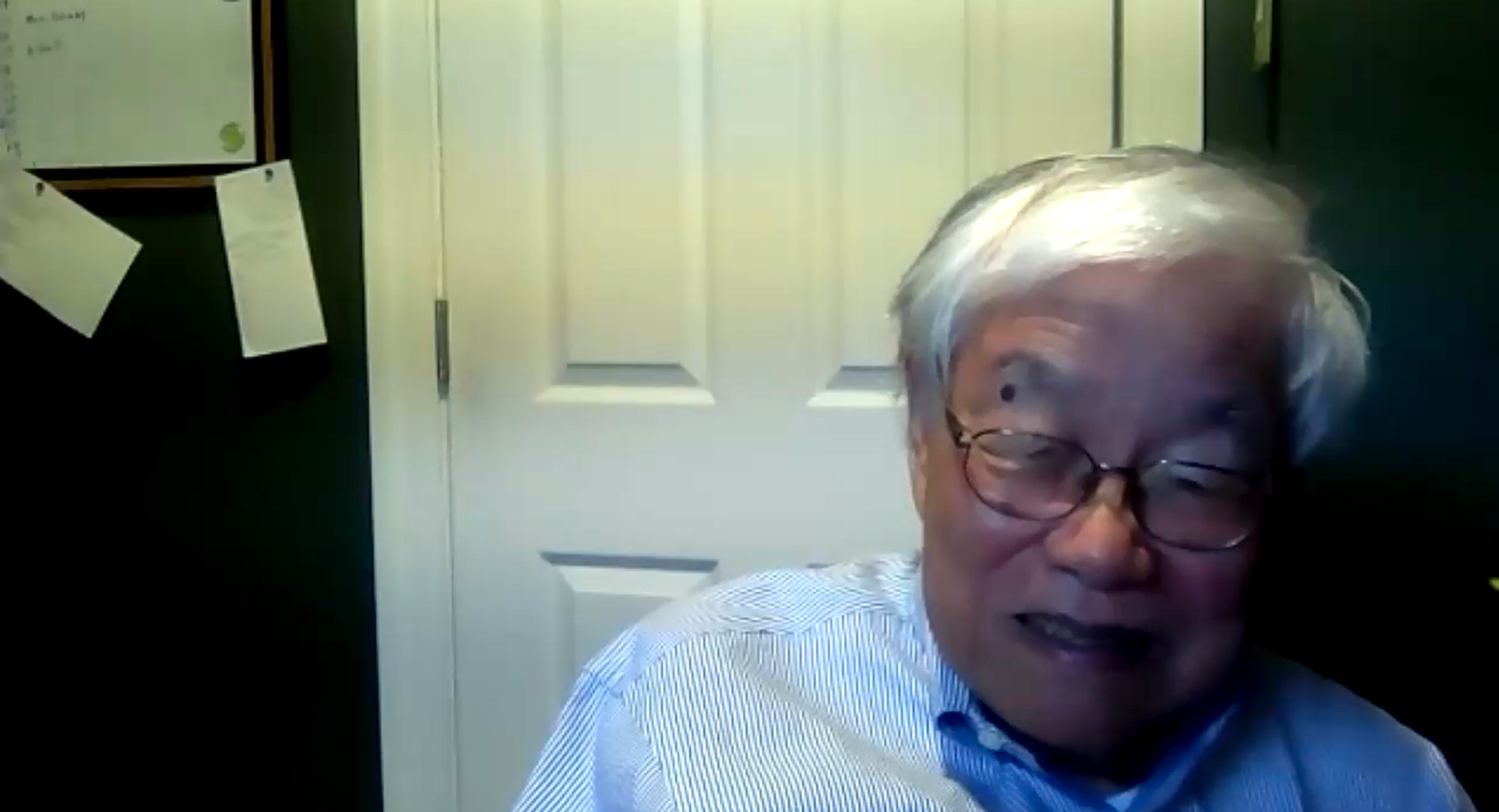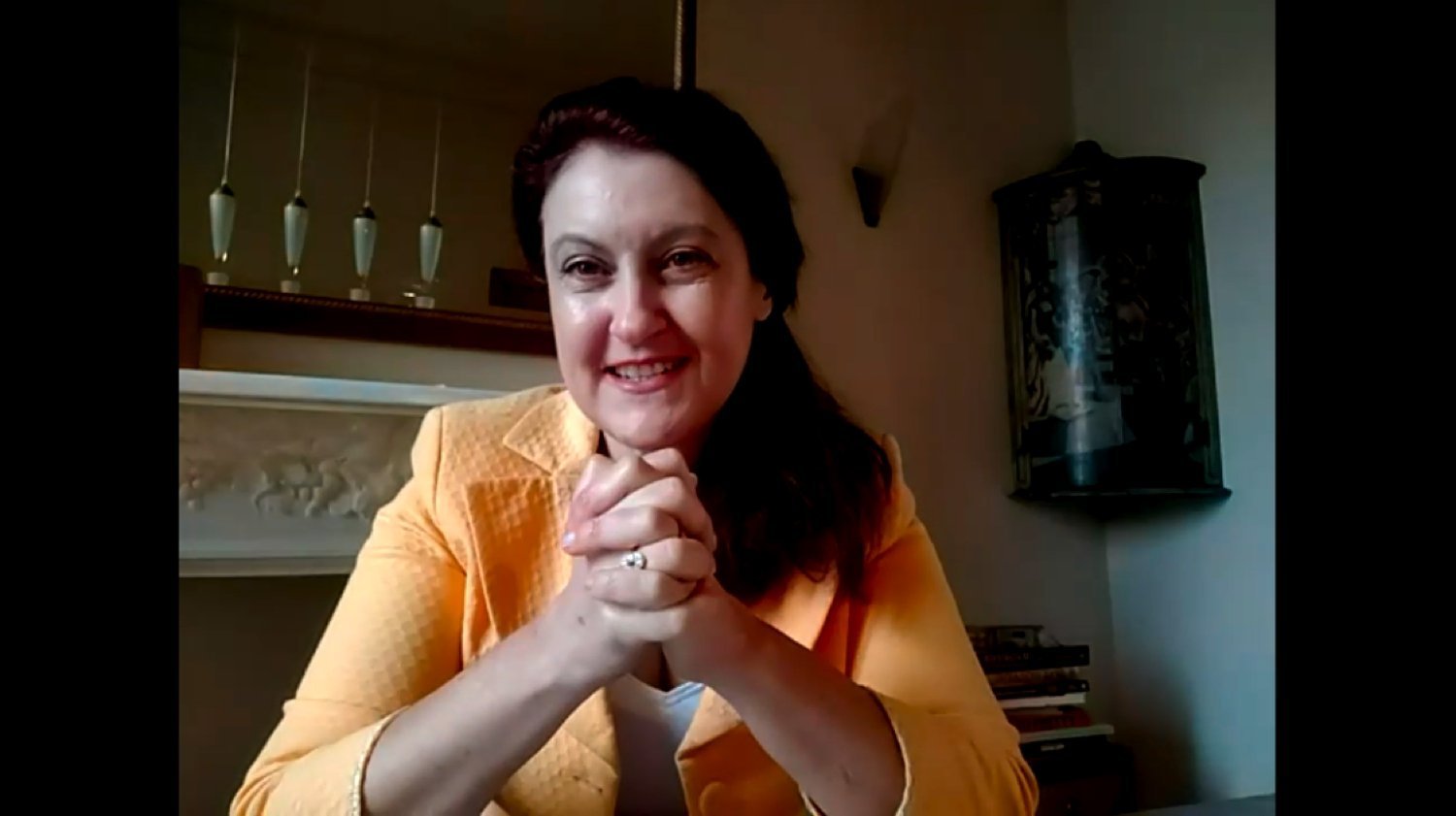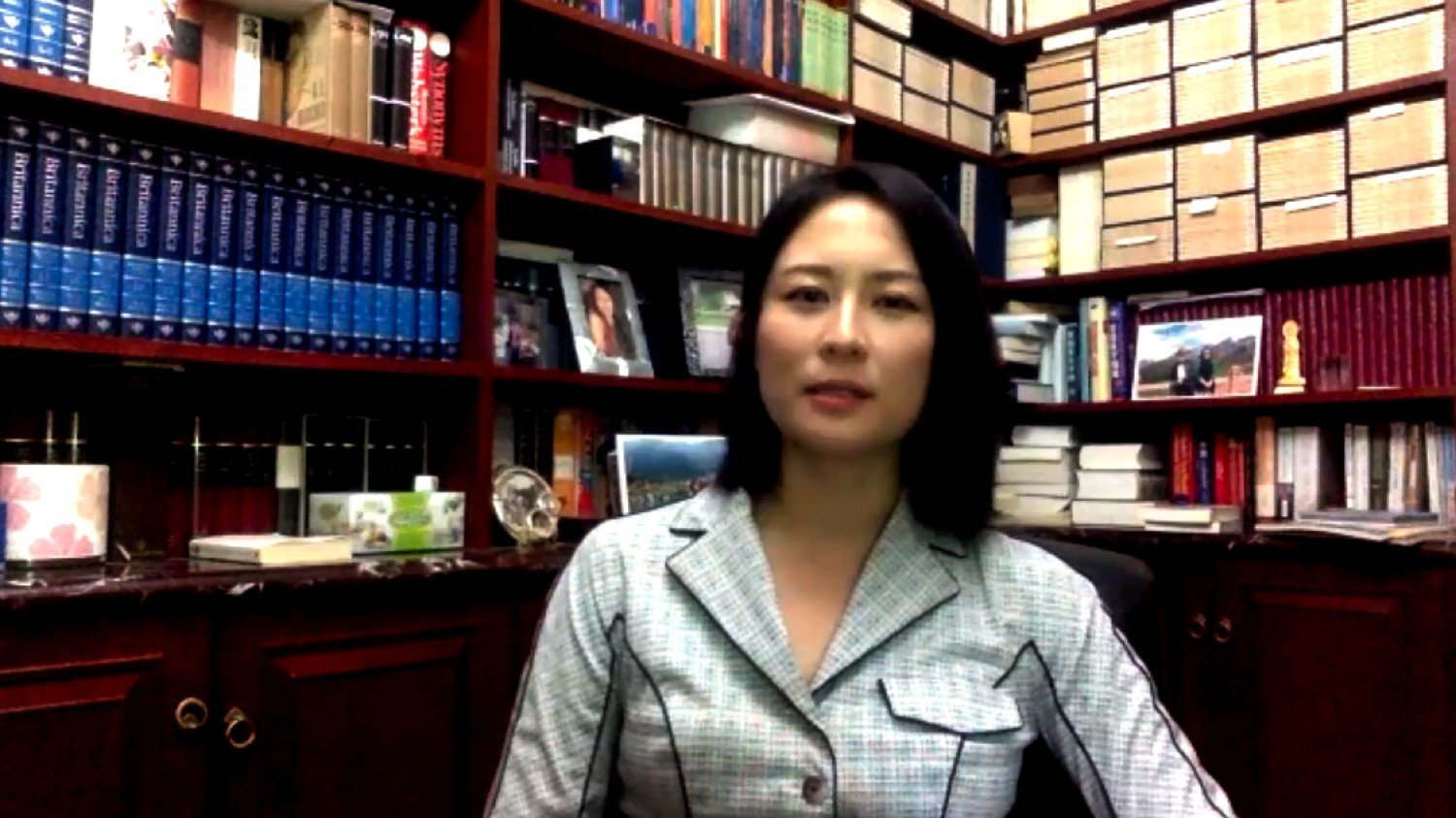Rebecca Henderson
American. Economist, author, John and Natty McArthur University Professor at Harvard Business School
1. Why does economics matter?
Because we need things to survive and economics is the science, or economics is the study of how we organise ourselves to produce goods and services that we want.
And almost all of us want goods and services, and almost all of us want more goods and services.
And so economics is partly valuable because it studies what are the consequences of different arrangements of how we produce.
2. What are the differences between economic science (academic economics) and economic engineering (policymaking)?
So one is theory and one is practice. And in principle, practice is informed by the theory. So we have a school of policymaking here at Harvard and the students study economics as a guide to policy making. And often they find when they’re trying to actually make policy, it’s a lot more complicated than it was in the classroom. And while economics can be a useful source of insight, it has to be supplemented by an understanding of sociology and group behaviour and culture and government and politics.
So in reality, policymaking is very much a kind of multidisciplinary, in the moment endeavour. A lot of economics in it’s pure form, in it’s academic form, is somewhat theoretical. Now, having said that, a lot of modern economics is about empirical studies. Like what’s really going on in inequality, what’s really happening on the ground, who’s employed and who’s not employed, what’s happening in social mobility. So there’s incredibly important empirical work also done in the academic sector.
3. What role does economics play in society? Does it serve the common good?
It thinks it does. Economists claim that their goal is to maximise social welfare, that they’re looking at how to organise production so that the most number of people get the most amount of stuff. Does that mean that in reality they serve the common good? Sometimes for sure. Having really good data about what’s going on in the world, knowing how many people have been unemployed for how long, understanding what happens to people who are unemployed, looking at the economic consequences of climate change.
These are all super useful things. I think without some forms of economics, we’d be flying blind. We just wouldn’t know what’s going on. Do I think that the high theory of economics improves social welfare? I’m not so sure. I think the economic conversation is useful. I think when it becomes a dogma, when there becomes one way to do things, that’s incredibly dangerous, and when economists focus only on economics and don’t think about the cultural context. I mean, one of the ideas that sweeping the economics field at the moment is that: hold onto your horses, people are not just self-interested. They care about each other, that they care about the communities.
And that’s sort of a big idea, sweeping economics now. I’m sure you’re familiar with the work of Samuel Bowles and some of his colleagues on dynamic theory - woah, the economy is not a series of static equilibrium. It’s actually dynamic. And you think, well, I could have asked the football coach and she would have said, well you know, that seems like a very restricted model of people and very restricted model of how things actually happen.
So I think when economics falls short is it believes its own theories and takes them too seriously. When economics is a partner to other disciplines and is in service to the community, I think it can be very, very powerful.
4. Economics provides answers to problems related to markets, efficiency, profits, consumption and economic growth. Does economics do a good job in addressing the other issues people care about: climate change and the wider environment, the role of technology in society, issues of race and class, pandemics, etc.?
Yes and no. Economics is a useful tool. Having a sense of how much it will cost to address climate change, for example, being able to discuss alternative policies. If we want to solve the problem of climate change, what might be the most efficient way to do that?
What’s the relative merits, say, of increasing the price of fossil fuels to reflect the harm they do versus regulation and just saying, no, you can’t burn them, forget it. Economics has an important voice in the debate. I think where we tend to go off the rails is when we think economics has all the answers, that all we need to worry about is making the economy more efficient, all we need to worry about is aggregate welfare and using measures, for example, of human well-being that until quite recently were all about production and consumption and not about, say, lifespan or life satisfaction or rates of depression or inequality, rates of justice or equity.
So economics has been incredibly illuminating in showing that one of the sources of growth in the US, for example, since the 40s and 50s has been the inclusion of more and more people in the workplace. That as more and more women have come into the workplace, as more and more non-Anglos have come in, so this enormous influx of immigrants has really helped drive economic growth.
I think that’s really important because it means now when I talk about equity and the importance of increasing the diversity of the workforce, I say, well, the economic growth between the 40s and now came from and bringing more people into the workforce.
Let’s bring these marginalised communities into the workforce and we can improve economic growth. So it’s very helpful to have that argument. But it shouldn’t be the only argument, because treating everybody justly, making sure everyone is included in this society is not just an economic necessity, it’s fundamentally a moral and political necessity. And when we frame conversations only in terms of economics, we leech out so much of human meaning.
I worked before I went to do a PhD in economics. I worked for one of the big consulting companies for a couple of years. And I remember my first couple of years in the economic PhD and I was surrounded by all kinds of smart people. And they’d say things like: firms are instantaneously rational, optimising point sources. I’d been working for a consulting company inside organisations, I knew that was completely crazy.
And it took me a long time to work out that many economists were actually taking their model seriously. They actually thought that was how the world work. Instead of thinking of it as a model - it’s a source of insight, very powerful, very useful - they thought that was the right answer. And to me, that has been the major problem in economics. It’s thinking that we have the answer and our models are reality.
5. As we live in an age of economics and economists – in which economic developments feature prominently in our lives and economists have major influence over a wide range of policy and people – should economists be held accountable for their advice?
Yes, of course. Now, let’s argue about what it means to be held accountable. Should we routinely see if their advice turned out to be good advice? Should we compare the predictions of the models with what actually happened?
Absolutely we should. Should we, when the economists have proudly said that cutting taxes will increase economic growth and it doesn’t? Should we seise their assets? Probably not, but should we hold them intellectually responsible? Absolutely. Should we have a lively debate about what what went wrong and why and what the economists missed? Absolutely.
6. Does economics explain Capitalism? How would you define Capitalism?
Oh, economics for sure does not explain capitalism. Capitalism is a system of power relations, the free market or the semi-free market, or anyway, the market that economics claims to explain and understand, only exists because it’s rooted in human institutions.
Most obviously the rule of law. Without contracts and without the enforcement of contracts, it’s really hard to have economic activity. Without peace; if people are riding around with swords or machine guns and taking everything they can, you don’t have a market. So economics is about a particular aspect of capitalism. But capitalism in the larger scale is about who owns the assets, who sets the rules, who gets to make the decisions. And economics doesn’t say very much about that. There are theories about if humans were perfectly efficient and really focussed on the greater good, what kind of political arrangements would they adopt, which come from economics.
You think, well, I guess that’s useful. But if you really want to understand capitalism, I think you need to understand politics and history and philosophy and psychology. And that’s as important as - more important - in understanding capitalism than just understanding economics. Although that’s super important, it’s just a piece of the problem.
7. No human system to date has so far been able to endure indefinitely - not ancient Egypt or Rome, not Feudal China or Europe, not the USSR. What about global Capitalism: can it survive in its current form?
So Fabio, I’m not sure I agree with you. I think if we go up a level of abstraction, pure what I would call extraction, that is a few rich people control both the political and economic power, that was pretty enduring for thousands of years, all the way from the pharaohs to Henry VIII. And that was the kind of dominant mode of organising humans, a few people basically got everything. And that was pretty much what it was like almost everywhere. And what we saw - you pick a number, three hundred years ago - with the city states in Italy and the real beginnings of the development of the free market and the sort of first moves towards democracy, very partial by our standards, that’s relatively recent. Maybe 300, maybe 200, we could even say 100 years to modern capitalism that we see now with financialization of markets and so on, the global capital market.
So I think it’s relatively recent. Do I think it will survive? At least another couple of hundred years. I’d be very surprised if it did not. It might not. You can absolutely see a scenario where civilisation starts to break. If climate change is really left unchecked and we see the worst effects, you could see a fragmentation of the global markets, you could see widespread revulsion at private ownership of capital and a kind of demand for governments to step in. But right now, that seems unlikely. I mean, look at global levels of trust in governments. This I find extraordinary: people trust business more than they trust government, which historically is completely unprecedented.
And business has a great deal of power, it has a lot of social legitimacy. For many people the institution they trust the most is not their church or their school or their government, it’s the firm where they work - and they have all the money.
So I think this is going to be pretty robust. Now, I’m a big proponent of radical reform. I think capitalism should reform itself to survive. I think if it doesn’t reform, if it doesn’t become more equitable, if it doesn’t start to take account of externalities, the risk of really significant populist backlash, which will essentially give us a form of crony capitalism like Putin’s Russia is, I think, quite real. And is Putin’s Russia capitalism?
Not really. It’s straight back to extraction, and a few people own everything. So I think that’s the risk. And so I’m paradoxically in the position of saying, no, capitalism has huge numbers of problems, big problems. I don’t want to go back to extraction. I want to reform what we have and I think the best case for radical reform is otherwise we’ll go back to extraction.
8. Is Capitalism, or whatever we should call the current system, the best one to serve the needs of humanity, or can we imagine another one?
Of course, we can imagine something better.
I mean, I don’t think it would be utopia. But if we could get back to the capitalism characteristic of, say, Europe in the 50s and 60s and the US 50s and 60s, only without the racism and the misogyny and with more attention to the environment, in my mind there’d be no question that that would be better. And that’s not even a hugely radical reform. I mean, I have colleagues and I’m sure you’re talking to them, who think about: could we vastly expand employee ownership, for example, could we distribute ownership, could we distribute capital?
Could we imagine giving people a share in the economy and being that much more engaged? Simple improvements like: excuse me, could we take care of the environment? Could we make it expensive to dump carbon dioxide into the atmosphere and poison the ocean?
Could we require that people treat their labour force like human beings and pay them a living wage, and would that bankrupt us? No, it would not. So absolutely, we can do better now. I’m a meliorist, an incrementalist.
Everything I’ve suggested is basically either, as I said, take us back to the 50s and 60s, only a little bit better, or kind of no, let’s just control capitalism.
Sometimes I say the free market is amazing: unparalleled source of growth and innovation and opportunity. I love it. But it’s a tiger. You need to keep it on a leash. If all you have is the free market and you say: go make profits anywhere you can, the tiger will eat the world. It will fish out every last fish, cut down every last tree, poison the skies, kill the people. So we need to find a way to put the tiger on a leash. But that doesn’t seem to be impossible. We’re very smart species and we’ve done it before.






